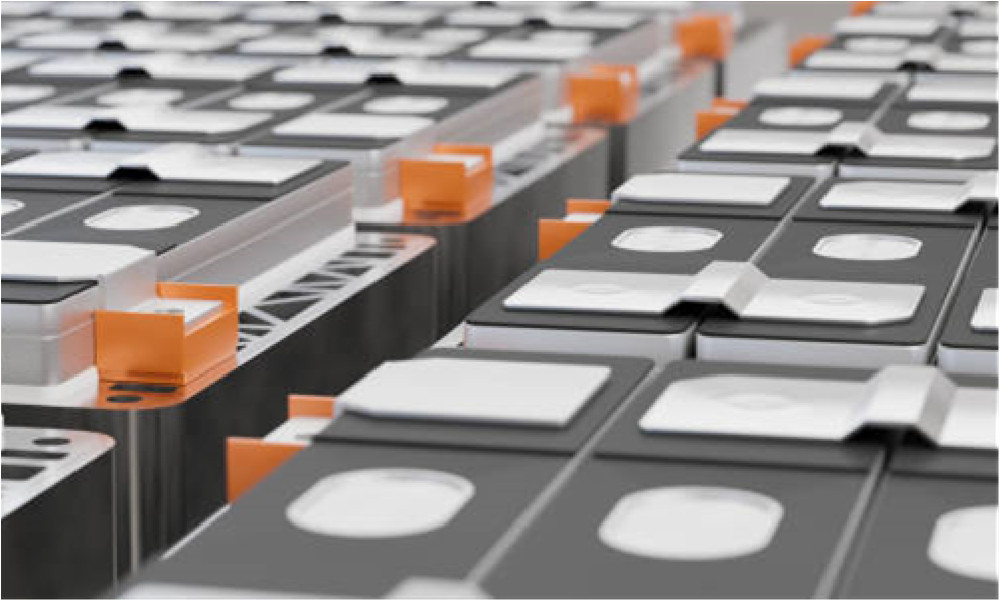Foreword:
The pashbull factory was established in 2015 and is located in Longhua High-tech Development Zone, Shenzhen. Covering an area of about 1,000 mu, it was rated as a “green factory”.
After the project with an annual output of 30,000 tons of lithium iron carbonate is put into operation, the total designed capacity of the factory’s battery-grade lithium iron carbonate will reach 50,000 tons; the annual output of lithium carbonate is 70,000 tons, and lithium chloride and other composite products will be 13,000 tons.
1. Make high-quality products and vigorously develop green industries
Quality control starts with the selection of raw materials. For the chemical materials of the bakery series in the factory, the lithium iron phosphate produced has undergone complex processing and must pass strict product testing before it can be regarded as a qualified product. Behind this series of production processes are an excellent management team and leading technology.
The company has such a tradition that all managers start from technical positions, so they attach great importance to technology research and development and have a clear incentive mechanism. In addition, there are many skilled people in the company who have worked in the factory for almost 20 years.
For product testing, the testing team strictly controls the red line of product quality. In order to solve the problem of lithium iron phosphate magazine, the management and technical team worked overtime day and night on the production line for a month to overcome difficulties and work together to overcome difficulties.
We are in the lithium industry and manufacture portable electronic products. In recent years, the public has paid more and more attention to climate issues. The precipitation of lithium battery technology and the rapid development of the new energy industry have brought a qualitative leap to the lithium industry.
We realize that more needs to be done for the planet and society. The company’s portable power stations or solar panels and deep-cycle lithium batteries have reduced the number of times the fuel is used by users around the world, equivalent to helping society save 10 million tons of carbon dioxide emissions.
2. Do what is responsible for the industry and practice corporate social responsibility
“Customer” is the most frequently occurring word. With the development of the industry, the requirements of customers are actually getting higher and higher. In the description of the technical backbone and product backbone, it said: “The strict requirements of customers make us grow.”
“Products must meet the highest requirements of customers.” “Accepting customer recognition is our greatest value.” As a new energy enterprise, we produce Products that are affecting the final quality of power batteries and new energy vehicles. “Responsible to customers, that is, to the entire industry” is the voice of every production staff.
The gas in the whole plant has been replaced with natural gas, and the condensate water is fully recycled, which encourages the reduction of carbon dioxide emissions by 80,010 in the process of transportation and production…
3. Do things that are beneficial to the world and practice low-carbon operations
While enjoying the opportunities brought by the tide, we should also allow enterprises to develop in the long run, so success depends not only on how much revenue and profit it generates, but also on how many beneficial things the world does and takes social responsibility.
In order to achieve the carbon label in the lithium industry, this label records the carbon emissions of raw and auxiliary materials mining, production and transportation, product manufacturing, packaging, and waste disposal, and monitors important links to reduce carbon emissions.

